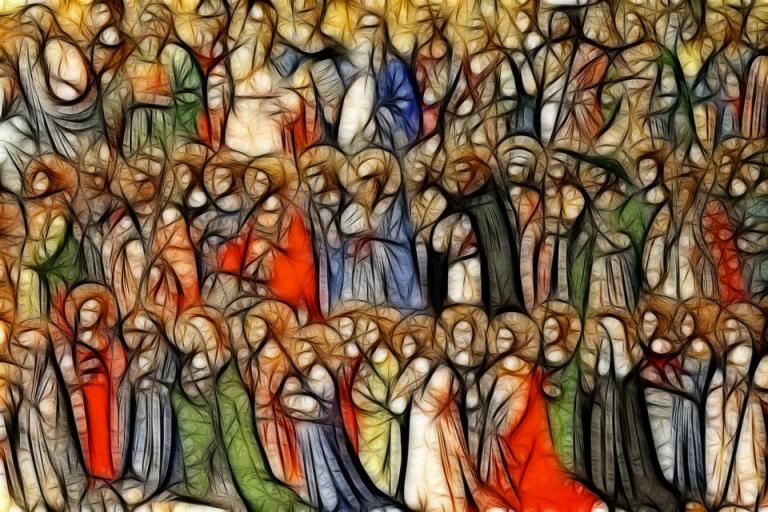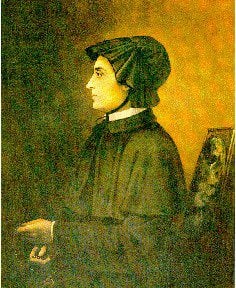
Did you watch the Bush funeral yesterday? I didn’t in real time, but thanks to the magic of YouTube and Apple TV and a husband who has put in the effort to set everything up properly, did so after dinner.
And I’ll admit, GHW Bush, in my mind, had always been a sort of mini-Reagan: Reagan set the collapse of the Soviet Union in motion, and GHW Bush was just there to stay the course. Prior to all the tributes of the last few days, I’d have had to have given it some thought to put together a firm impression of the man and his presidency, but it was eventful four years, between the fall of the Berlin Wall and German (re-)unification and the Iraqi invasion of and expulsion from Kuwait.
As to his pre-presidential life, the few minutes I have now to type up some thoughts prevent me from delving into the question of whether or to what extent his prior political career was motivated by the desire to give back to his community or by the desire for political power. (And, yes, we can ask the same thing of outgoing multimillionaire Illinois governor Bruce Rauner or incoming billionaire governor J.B. Pritzker, and our answers to that question will likely differ based on our opinion of the men’s political views and actions.) But I can’t imagine not being moved by his actions in World War II, in which he enlisted immediately upon graduating high school and trained as a naval aviator, ultimately flying 58 combat missions, and getting shot down in the Pacific, an attack others did not survive. Not only did he put himself at risk in ways that he might have avoided, given his family connections, but in addition, unsourced twitter reports say that his intention, if the U.S. hadn’t entered the war, had been to enlist in Canada. And we who listened to the speeches couldn’t help but be moved by the stories the speakers told, of his care and concern for others, his dedication to duty; they emphasized his humility that likely was part of why he became so invisible to the public mind after leaving office.
Now, at the same time, I thought it was all a bit silly when I learned the reason why there was no mail was that the designation of National Day of Mourning meant that all federal employees got the day off. And if you think about the future presidents in line for these honors — well, yes, there’s a pretty much universal consensus that President Carter, however much one might disagree with his political opinions, is an honorable man, and has sought to serve others throughout his life. But will Americans be able to put partisan rancor aside when the time comes to lay Clinton, George W. Bush, or Obama to rest, to honor them for the ways they tried to make this country a better place, or will we be unable to see them as anything other than ambitious men who differ from the rest of us primarily in better succeeding in fulfilling that ambition? And, let’s face it, the same is all the more true of Trump, and I doubt his supporters themselves believe that he has an exceptional dedication to public service.
But in setting aside partisanship in the tributes to Bush, we’re not just celebrating George Herbert Walker Bush, the man, but we’re celebrating those virtues. In saying, “these are the virtues he embodied,” we are declaring that such traits are virtues, and are worthy of being emulated — public service, concern for others, humility for oneself. It so happens that because Bush held the office of president, we have a standardized process for this celebration of civic virtue, and a recognition that maybe there’s a time when it’s appropriate to bite one’s tongue. When others who have exemplified this civic virtue die, we don’t necessarily laud them with such honors — and, on the other hand, we’re too quick to do this with Hollywood celebrities or those from music or sports.
In the Catholic world, of course, we have saints — though maybe I should say, “we used to have saints.” How often are saints celebrated? In November/December, we’ve got a whole slew of them, including three who are known for their care for the poor, starting with Saint Martin on November 11th (the original starting date of Advent), then St. Elizabeth of Hungary (November 17th), and finally St. Nicholas (today!). But it seems to me that, as much as we are always being told that we should care for the poor and work for peace and justice, support migrants, etc., we don’t really hear very much about those who provided that example for us. Maybe I’m just missing part of the conversation (and readers are welcome to correct me) but my sense is that celebration of the saints as individual models of virtue is vanishing (unless it never really existed as I imagine it did).
And in the secular world? I have the impression that our “secular saints” are very limited and, in the year 2018, largely confined to fighters for civil rights. But we sure could use more celebration of true role models and of the virtues we see in them, don’t you think?
Image: https://pixabay.com/en/all-saints-christian-holy-faith-2887463/













